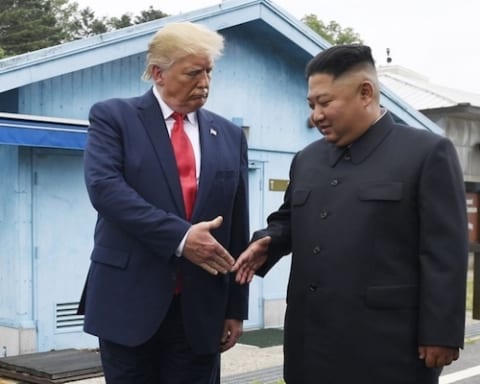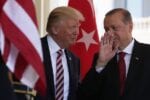Turkey’s central bank is ending a prolonged period of high inflation rates and citizens have tried to offload Turkey’s lira for foreign currencies. With presidential elections this month, Turkey will have an opportunity to render a verdict on President Erdogan’s stewardship.
The financial crisis in Turkey continues with the Turkish lira (TL) having lost over 20% of its value against the US dollar and euro since the beginning of 2018. Throughout 2018, the lira’s exchange rate accelerated deterioration, reaching a level of 4.5 USD/TRY by mid-May and 4.9 a week later. On May 23rd the TL fell beneath the currency valuation threshold set by the International Monetary Fund. This currency value exposure has now caused the Central Bank of the Republic of Turkey (CBRT- Turkish: Türkiye Cumhuriyet Merkez Bankası, TCMB) to announce an interest rate increase by as much as 3 percent to 16.5 percent after having held an emergency meeting on May 24th.
The situation is further compounded by the fact that the CBRT was forced to raise the interest rates despite instructions from the Turkish President, Recep Tayyip Erdogan, not to do so. Turkish Prime Minister Binali Yildirim, backed by Governor Murat Cetinkaya, had to personally convince the President to accept the rate increases as immediately necessary.
The situation is further aggravated by the fact that the country has an alarming currency account deficit. The currency deficit has now reached the point where Turkey is finding it difficult to get additional international credit in US dollars, which in turn leads to a difficulty importing oil. These two variables have caused a domestic run on the Turkish lira and fueled the wildfire of media speculations that the already double-digit inflation will become completely unsustainable.
In its announcement, the CBRT described the interest rate increase as a “powerful monetary tightening,” and stated that it will continue to use every instrument in its arsenal to get the ongoing inflation under control.
Part of the problem for President Erdogan now is that he has made a big play on attempting to take more direct control over the Turkish monetary policy. This has caused a lot of the financial crisis to be directly associated with the President.
Erdogan has stated that interest rate adjustments beyond his control are “the mother and father of all evil.” He is also currently seeking reelection in the 2018 general election, and, just like in the 2014 election, he has been accused of perpetuating the belief that a large part of the Turkish financial problem stems not from domestic issues, but from shadowy conspiracies perpetrated by Americans, English, Dutch and “some Jewish families” who would want to deprive incumbent President Erdogan of support in the elections. According to a poll from April 2018, 42 percent of Turks, and 59 percent of governing AK Party voters saw the decline in the lira as a plot by foreign powers.
International economists, in turn, believe that the accelerating loss of currency value is generally due to Erdogan preventing the central bank from making the necessary interest rate adjustments. Economists have primarily advocated for significantly higher rate adjustments than those that have now been announced.
The interest rate increase announcement was followed by Erdogan making a televised address in which he attempted to reassure the domestic markets. During the speech, the President stated that he will ensure that Turkey will “abide by global principles for monetary policy,” however, he added that “we will not let the global principles to end our country.” The initial market response appears carefully optimistic for now, with a slight increase in the currency valuation.
At the same time, the Turkish Statistical Institute reported on May 30th that the national economic confidence had declined to a value of 93.5, the lowest level in 15 months, since the aftermath of the 2016 coup attempt.
By John Sjoholm, LIMA CHARLIE NEWS
John Sjoholm is Lima Charlie’s Middle East Bureau Chief, Managing Editor, and founder of the consulting firm Erudite Group. A seasoned expert on Middle East and North Africa matters, he has a background in security contracting and has served as a geopolitical advisor to regional leaders. He was educated in religion and languages in Sana’a, Yemen, and Cairo, Egypt, and has lived in the region since 2005, contributing to numerous Western-supported stabilisation projects. He currently resides in Jordan. Follow John on Twitter @JohnSjoholmLC
Lima Charlie provides global news, insight & analysis by military veterans and service members Worldwide.
For up-to-date news, please follow us on twitter at @LimaCharlieNews
In case you missed it:

![Image Erdogan struggles amid Turkey's currency and debt crisis [Lima Charlie News]](https://limacharlienews.com/wp-content/uploads/2018/06/Turkey-lira-01.png)
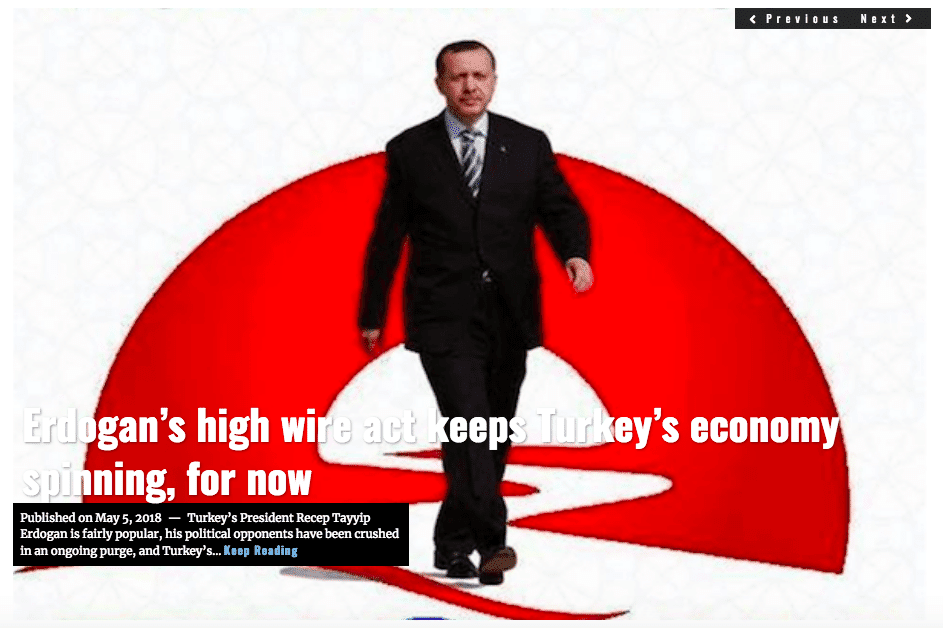
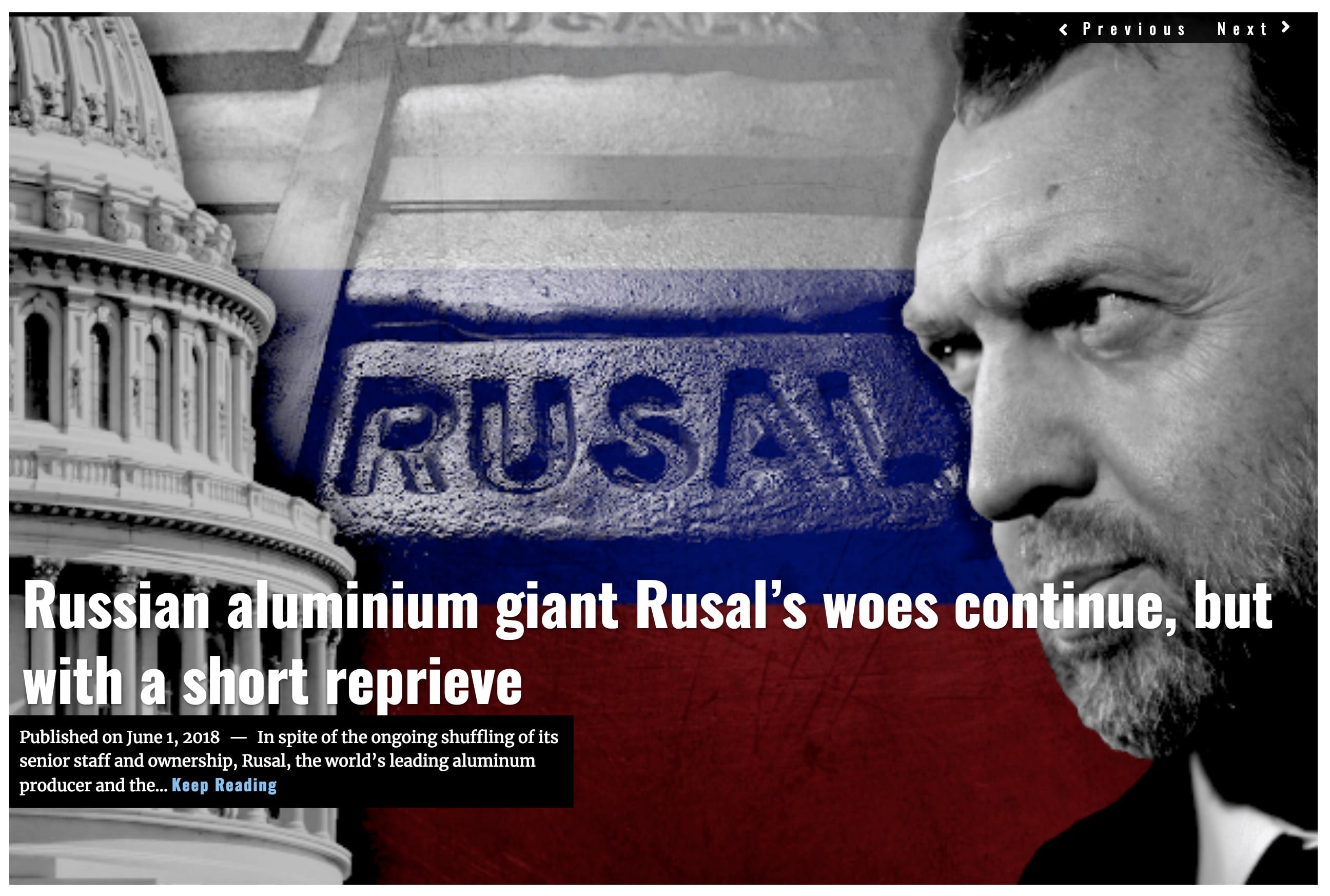
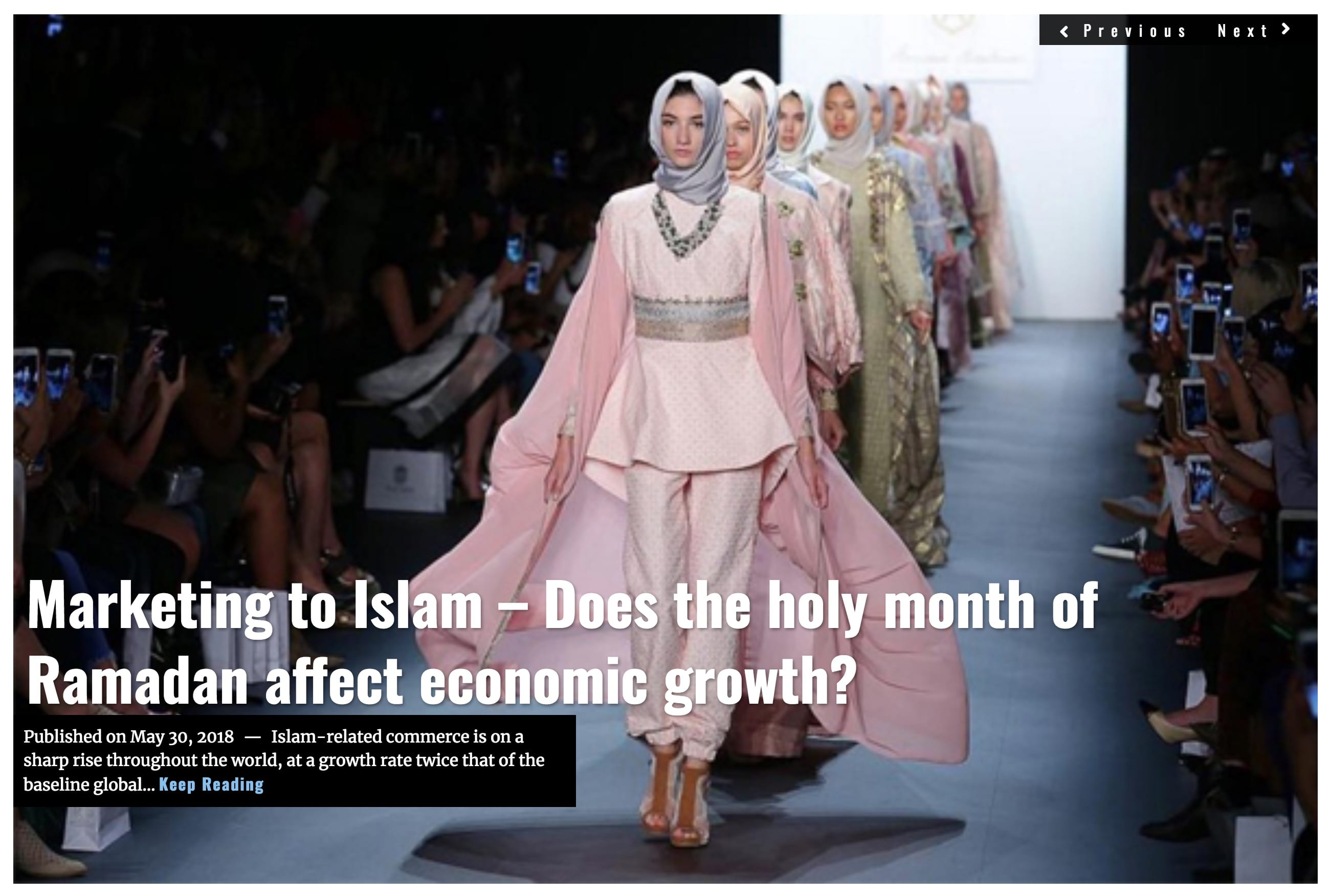


![Image The Alevis Dilemma [Lima Charlie News]](https://limacharlienews.com/wp-content/uploads/2019/04/Alevis-Erdogan-480x384.png)


![Blossoming Russo-Turkish alliance leaves U.S., NATO behind [Lima Charlie News]](https://limacharlienews.com/wp-content/uploads/2019/07/Russia-Turkey-alliance-leaves-U.S.-NATO-behind-480x384.png)

